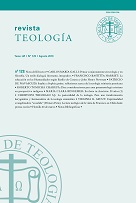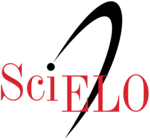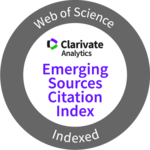Education in the Humanities according to Basil of Caesarea and John Henry Newman
Keywords:
Liberal Arts, Literature, the Classics, Ethics, Theology, University, Reason and FaithAbstract
Basil of Caesarea (ca. 330-378) was one of the Oriental Fathers most cherished and read by John Henry Newman (1801-1890) throughout his intellectual life. The Cappadocian was a model for Newman in many ways, but above all because, as himself, Basil had been an eminent humanist and educator, who knew how to integrate the rich wisdom and style of the Greek letters into his theological reflection. This article analyses and compares the assessment that these authors make of the study of the Humanities for the education of the young. For this purpose, I delve especially into two texts: Ad adolescentes, written by Basil for the edification of his nephews, and Newman's speeches gathered in Idea of a University. Both authors agree on the universal benefit of education in the liberal arts, although they point out its limitations in different ways.Downloads
Download data is not yet available.
Downloads
Published
08/08/2019
How to Cite
Bastitta Harriet, F. (2019). Education in the Humanities according to Basil of Caesarea and John Henry Newman. Teología, 56(129), 67–78. Retrieved from https://erevistas.uca.edu.ar./index.php/TEO/article/view/2411
Issue
Section
Articles
License
Copyright (c) 2019 Teología

This work is licensed under a Creative Commons Attribution-NonCommercial-ShareAlike 4.0 International License.














 Teología
Teología